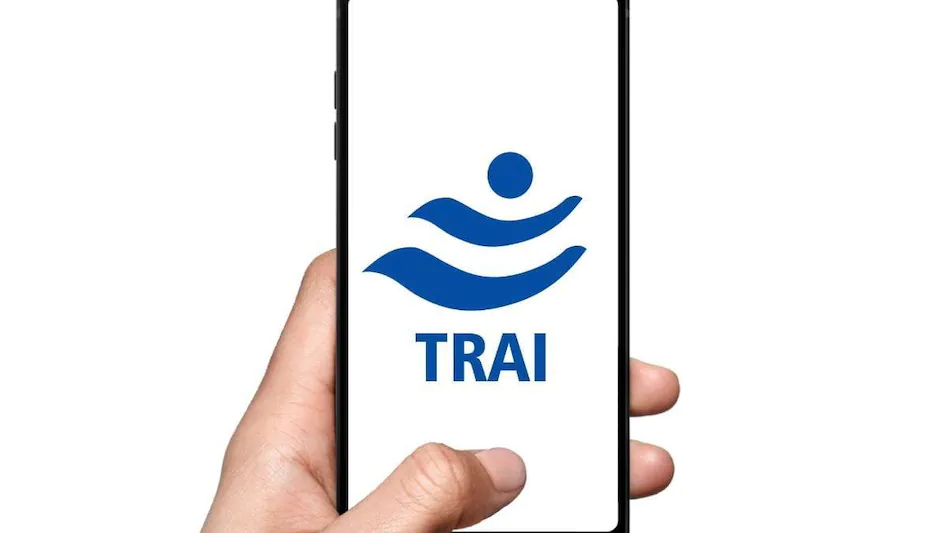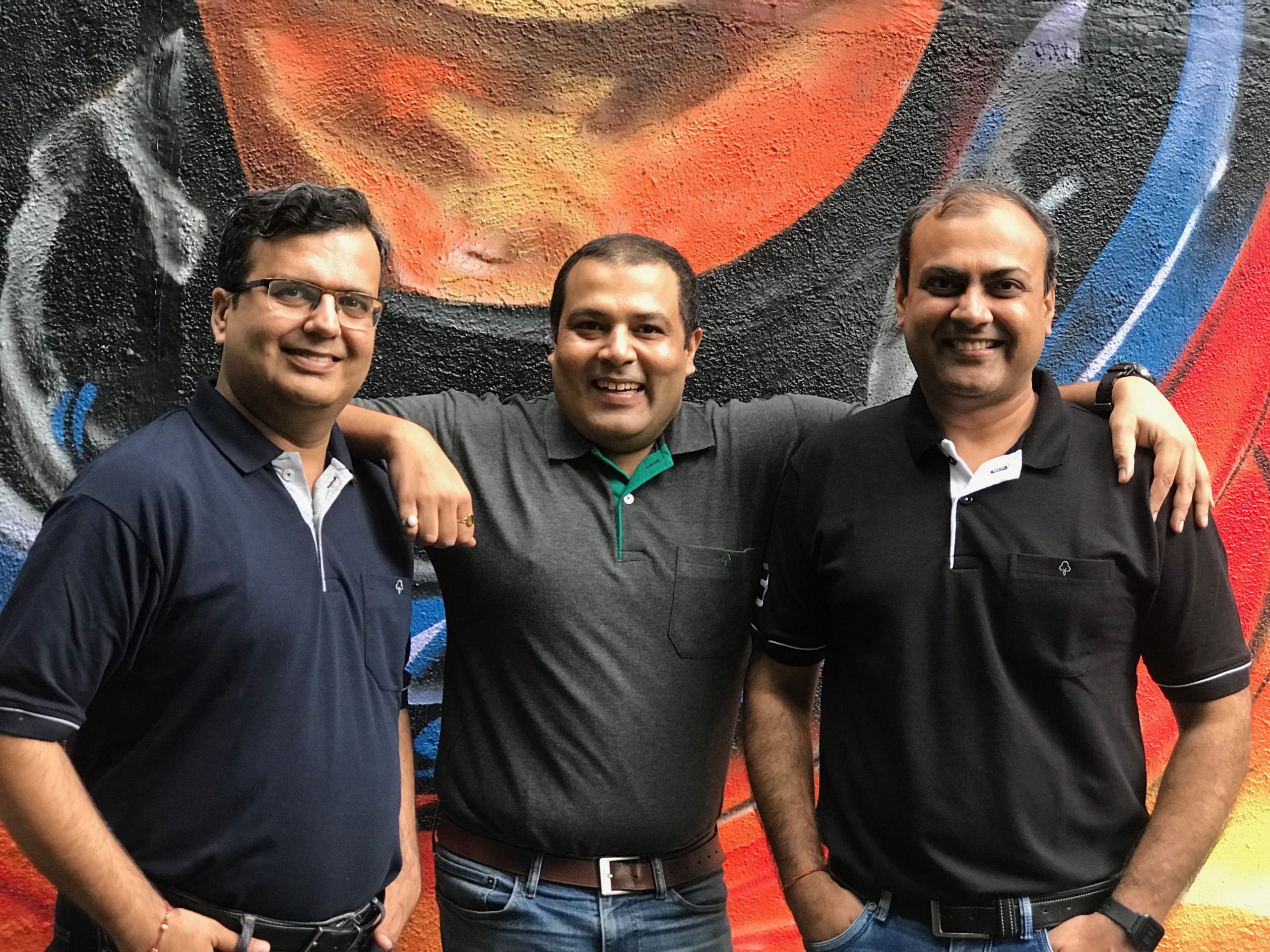The government, in the draft telecom bill — circulated for stakeholder comments last month –, has proposed a provision to waive fees and penalties of telecom and internet service providers
New Delhi, NFAPost: TRAI’s apprehensions over the potential dilution of powers under the draft telecom bill have been addressed, and the government may look at the option of taking up provisions related to strengthening the regulatory body separately at a later stage, DoT sources said.
On Over-the-top (OTT) communication apps, sources said, the focus is on user protection-related regulation, not licencing. The Department of Telecommunications (DOT), through the provisions of the draft bill, will come down heavily on spammers and those indulging in cyber frauds, sources said.
Amid reports of TRAI’s opposition to certain clauses of the draft telecom bill, that were seen diluting its powers, sources said, ???discussions have taken place between the two sides. All the outstanding issues have been resolved, they said.
There are no differences between the Telecom Regulatory Authority of India (TRAI) and the telecom department on this issue, sources said.
The thinking in the telecom department now is that specific provisions related to the strengthening of TRAI, on the lines of the US Federal Communications Commission or the UK’s communications regulator Ofcom, can be taken up after a period of time, say 3-4 years, through a separate exercise. For now, the contentious amendments may be removed from the draft telecom bill, currently in the works.
The government, in the draft telecom bill — circulated for stakeholder comments last month –, has proposed a provision to waive fees and penalties of telecom and internet service providers. The telecom department has also mooted a provision for the refund of fees in case a telecom or internet provider surrenders his licence.
Meanwhile, telecom service providers are pushing for OTT apps to be brought under regulation. They argue that apps offering services similar to them — say Whatsapp, Signal and other similar apps used for calling and messaging — should be subject to the same licence conditions as telcos, thus ensuring a level playing field for all technologies.





